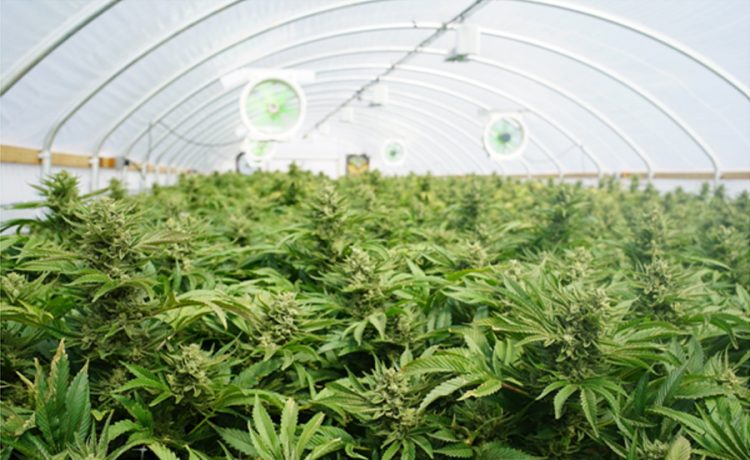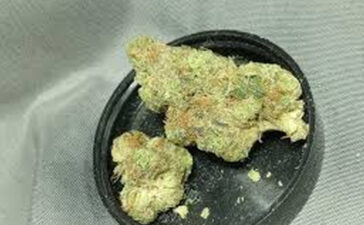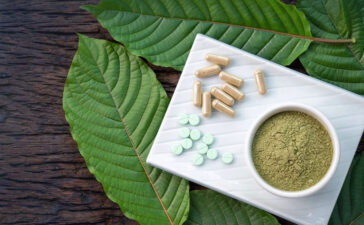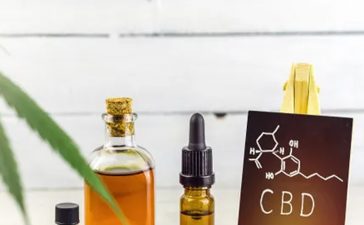Ever since its legalization, cannabis continues to show interesting discoveries. More so towards its contribution to health and wellness.
Products derived from its chemical components began to spread towards the public market. Anyone can now gain access to its plethora of health benefits. Among these are CBD-based products, with THC-based products appearing soon after.
Delta 8 THC also came to the picture as of late. With its unique set of health benefits, this cannabinoid started to gain popularity. It also has effects that make it distinct from Delta 9 THC.
Today, we will look at what Delta 8 THC is all about. We will explore the benefits it provides and the conditions it can treat.
1. CBD, THC, and How They Work
To start, let us look at the cannabinoids. These are compounds produced by the cannabis plant. Each one provides its unique set of effects once ingested.
In this case, a cannabis plant can produce about 80-100 cannabinoids. Meanwhile, it also produces about 300 non-cannabinoid compounds.
Among these, two of which come into the picture due to their varied effects and applications. One of them is cannabidiol, also known as CBD. The other is delta-9-tetrahydrocannabinol, otherwise known as THC.
For these two cannabinoids, each provides rather contradicting effects. In this case, THC is the chemical that produces a psychoactive effect when taken. This is the part that causes the high when smoking or taking cannabis.
CBD evokes an anti-psychoactive effect. This works well as a countermeasure to control the high produced by THC.
Among the benefits that it provides include anxiety management and pain relief. It is due to this reason that CBD ends up with more products available for people to use.
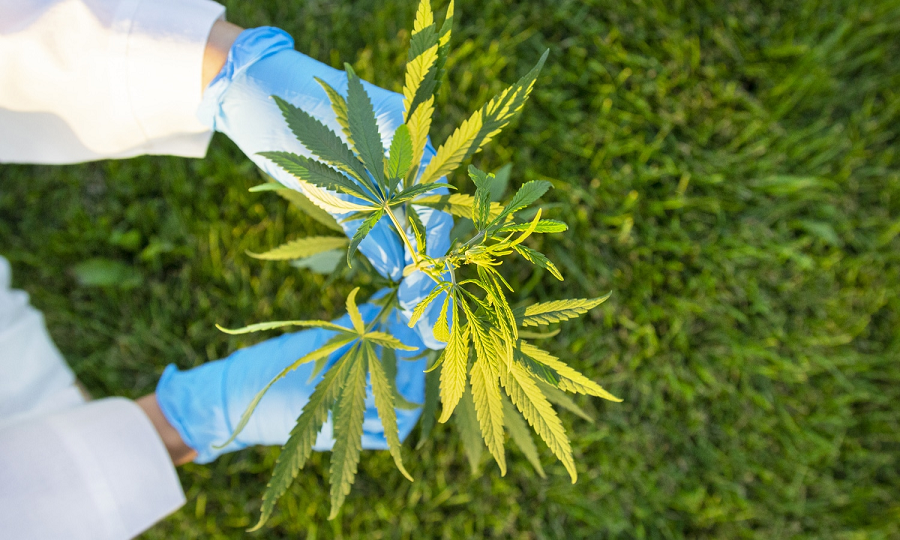
2. Differences Between Delta-9 and Delta-8 THC
We mentioned earlier how THC has psychoactive properties. From these properties, people subjected to them experience the high.
There are also variants to THC that provide varying effects when used. In this case, we look at Delta-9 and Delta-8.
The similarity that these two have is in the fact that both are THC. This would mean similarity in structure and effect. What makes them different is the placement of the chemical bond, the carbon chain.
Delta-9 sports a double bond on the ninth carbon chain, hence its name. As for Delta-8, its double bond is on the eighth carbon chain.
This particular fact comes to play when you start comparing their effects. Delta-9 tends to bond more with CB1 receptors within the body. You can find them throughout the body and the brain.
Meanwhile, Delta-8 has a notable affinity with CB2 receptors. You can find these most present throughout the organs and extremities.
Delta 8 THC offers the most stability and longevity. This means longer shelf life when compared to Delta 9 THC. This is a desirable property when creating THC-based medications and products.
Another thing to note is that Delta 8 THC tends to be weaker in potency when compared to Delta 9 THC. As for prevalence, you can find Delta 9 THC in high quantities when you check the cannabis plant. This explains its potency.
3. Effects of Delta 8 THC
What happens when you take in Delta 8 THC? Experiencing a high is an expected effect. Even so, there is a notable difference between Delta 8 and Delta 9.
For Delta 9, the high that a person experience leans towards a more sedative effect. Its psychoactive effects may seem too much for some consumers, especially with how it can also lead to anxiety due to how intense it can be.
When you look at Delta 8 THC, it does not exactly come out as non-psychoactive as how CBD would tend to be. Rather, it has a lower potency compared to Delta 9. One interesting description is that others would call it the “lite” version of THC.
In this case, you would experience the effects and benefits of Delta 9 but in a rather toned-down manner. It can still invoke euphoria and stimulate appetite upon use. Even so, the potential negative effects are also toned down.
The result is that you encounter a high that provides more mental focus. It provides a clear-headed high without any sign of fogginess. This works well for those who need to feel calm and focused when conducting tasks or activities.
It lends well as a good option if you need a step back compared to Delta 9 THC’s intensity. If you need something with benefits that Delta 9 provides but in a more low-key approach, try using Delta 8.
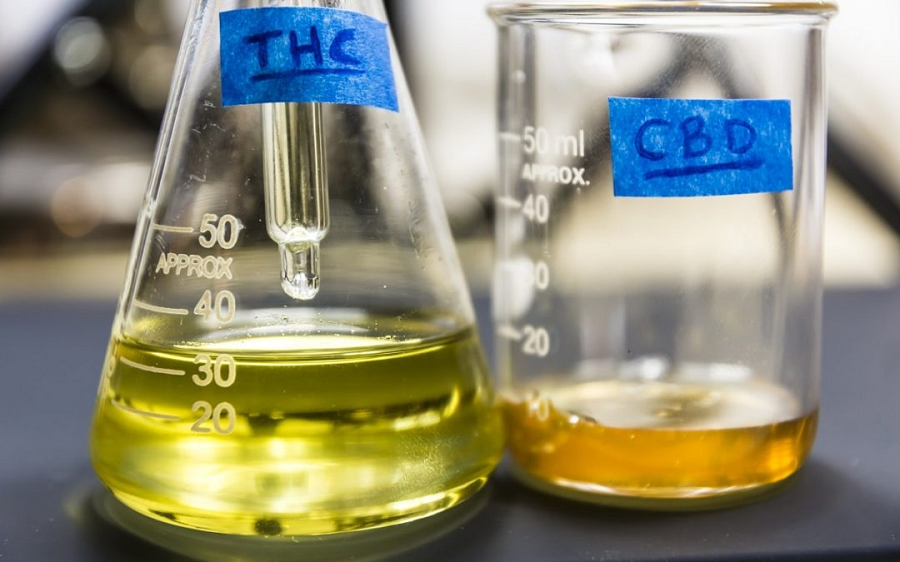
4. Conditions That Delta-8 Addresses
As a medication, Delta 8 THC has a good number of benefits that work out in treating various conditions. Its lowkey effects work well for those who need to relax and still need to conduct tasks and errands. Here are some of the conditions that it can target, as well as the benefits it provides.
Chronic Pain and Inflammation
A notable effect present in various cannabinoids is how they can help with the pain. Chronic pain tends to come from various sources, ranging from sciatica to body pain. In other cases, you would also have inflammation coming up as well.
This works out as an organic analgesic. In case you need an alternative for pain relief, Delta 8 THC would be a good option to test out. That is in case Delta 9 seems too intense to go for.
Loss of Appetite
With how Delta 8 THC operates and how CB2 receptors receive it, you have an increase in appetite. You can take advantage of this effect if you have dietary problems, such as decreased food intake. Even in low doses, you can bring this effect out.
Nausea and Vomiting
Delta 8 THC also works well as an antiemetic. It helps relieve the body of nausea and prevents any sign of vomiting. It can stop you from vomiting altogether.
You also get this effect from Delta 9. The only difference is that Delta 8 is a step lower in psychoactive potency. This makes it the better choice as a nausea medication.
Delta 8 THC works well for children undergoing chemotherapy. This is due to how the cancer treatment tends to cause nausea and vomiting.
Anxiety and Stress
These conditions connect due to how it affects mental health. Delta 8 THC has its affinity with CB2 receptors. Even so, it can also bind with CB1 receptors, albeit in a subdued manner.
Despite its potency, it helps the mind with its anxiolytic effects. If you have anxiety, Delta 8 could be a strain for you.
It also helps relax your brain, giving you a better and sharper focus. This type of clean high helps you be in a calm and relaxed state.
As long as it is in low doses, THC works well in stress relief and treating anxiety. Make sure not to take too much.
Neuroprotective Properties
One of the Delta 8 THC benefits that you can enjoy is its neuroprotective properties. This is due to how Delta 8 helps people produce Acetylcholine. This is a neurotransmitter responsible for cognition and memory.
Acetylcholine also helps with neuroplasticity. This pertains to the brain’s ability to change and adapt as a result of experience. This helps you in learning new things, enhancing your cognitive abilities, and so on.
Delta 8 THC invokes its neuroprotective potential by regulating calcium and potassium levels in the central nervous system. It can also help in treating degenerative mental health conditions.
5. Details to Note About Delta-8 THC
There are some things to remember before taking Delta 8 THC. You can take note of more details here to help you prepare. Among these include the fact about how you shouldn’t take too much THC.
You would encounter side effects that usually occur upon intake. In most cases, it also occurs after having too much cannabinoid in your system. These are among the side effects that you would encounter.
Anxiety
We mentioned earlier how Delta 8 THC helps as an anxiolytic, capable of alleviating stress and anxiety levels when taking in low doses. If you have too much of it, however, this turns the cannabinoid into an anxiogenic instead.
Too much THC would cause you to get more anxiety instead, even if you’re using the less potent Delta 8. The good thing is that this side-effect wears off once the compound leaves the body. The best precaution for this is to always start in very small doses.
Disorientation
Even in a lower degree of potency, Delta 8 THC can still affect the mind with its psychoactive properties. Having too much can evoke signs of disorientation, with varying effects coming together. You may experience impedance to your hand-eye coordination and a lack of concentration.
Part of this state of disorientation is in how one experiences too much of a high. Such instances include a couch lock, where a person finds difficulty moving due to the excess of THC. It could also lead to over-awareness of surroundings and involuntary twitching.
On the mental aspect, they would feel out of touch. In this case, they are too much into their thoughts. This altered state of consciousness can lead to other problems and side effects.
Of course, this is also a temporary side effect. It subsides after the Delta 8 THC wears off.
Dry Eyes and Mouth
Dryness of both the mouth and the eyes are among the side effects you would experience upon taking Delta 8. For dry mouth, the best remedy is to increase your water intake. Do note that this occurs due to how the cannabinoid affects the salivary glands.
Your eyes would also encounter discomfort from the lack of moisture. A telltale sign for this would be the redness on your eyes. Make sure to have moisturizing eye drops handy to help remedy the effect.
The side effects only last while the cannabinoid is in the body. Once it wears off, it should normalize.
Unpredictability
In this case, the high that you experience from taking Delta 8 THC can catch you off guard. Due to the low potency when taken in small doses and how you do not feel the effects right away. This would lead you to up the dose.
Because of this, that high can sneak up on you. The best approach here is to check on your appropriate dosage.
Failed Drug Tests
If you plan to undergo a drug test, you might want to hold off on using Delta 8 THC prior to that appointment. The reason for this is due to how it triggers the metabolite that Delta 9 THC breaks down. This is what urine tests are after and will note this as a positive on using marijuana.
This is even though Delta 8 is different from Delta 9; the tests look for all kinds of THC. Keep this in mind before going for any drug tests.
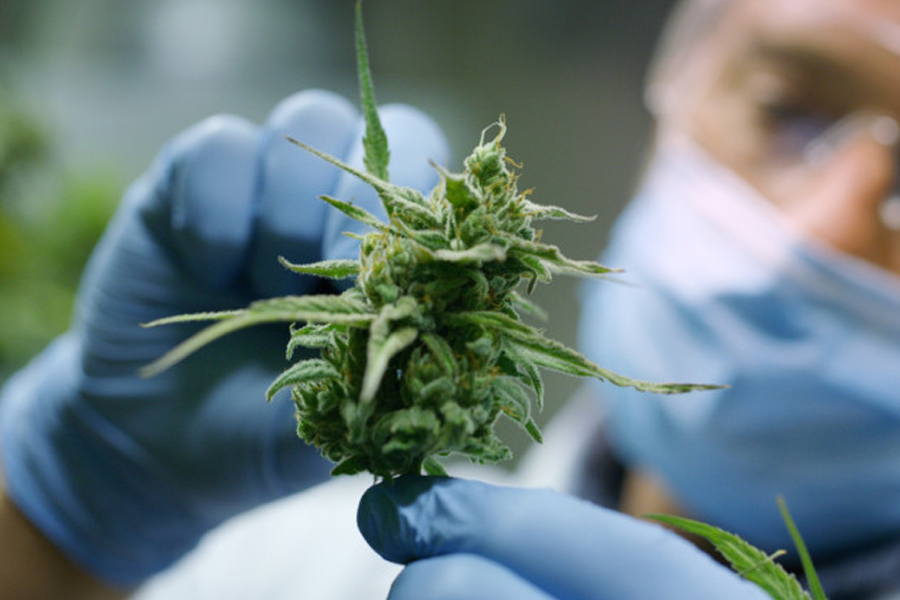
6. Reasons for Trying Delta 8 THC
With these health benefits, you can see some reasons why people try Delta 8 THC. For recreational users, they see Delta 8 as a less-intense version of Delta 9 THC. It acts as the middle ground between CBD and THC as a whole.
For those who seek alternative treatments, Delta 8 is a medicinal product. Aside from smoking it, it can come as gummies or cartridges. It helps treat anxiety and boosts appetite.
Make sure to check the areas where Delta 8 has no legal issues. After that, you’re all set.
Try Delta 8 THC Today
Knowing its benefits, Delta 8 THC opens up ways to treat pain and anxiety with a clean high. As long as you take it in the proper dosage, it lends well as a great alternative to conventional medication.
Did you find this helpful? We also have other articles that you can check out today.

